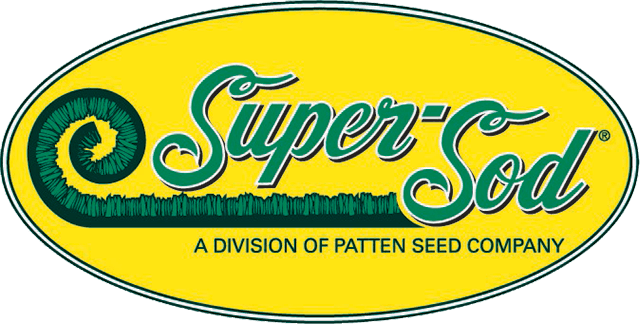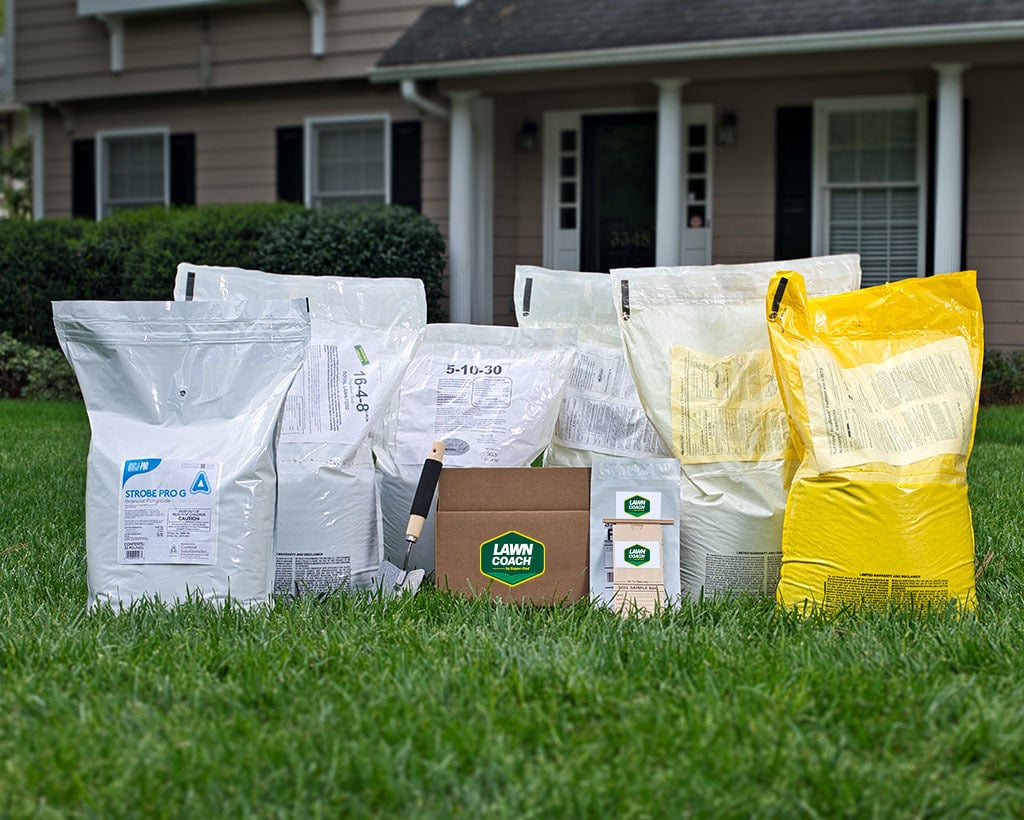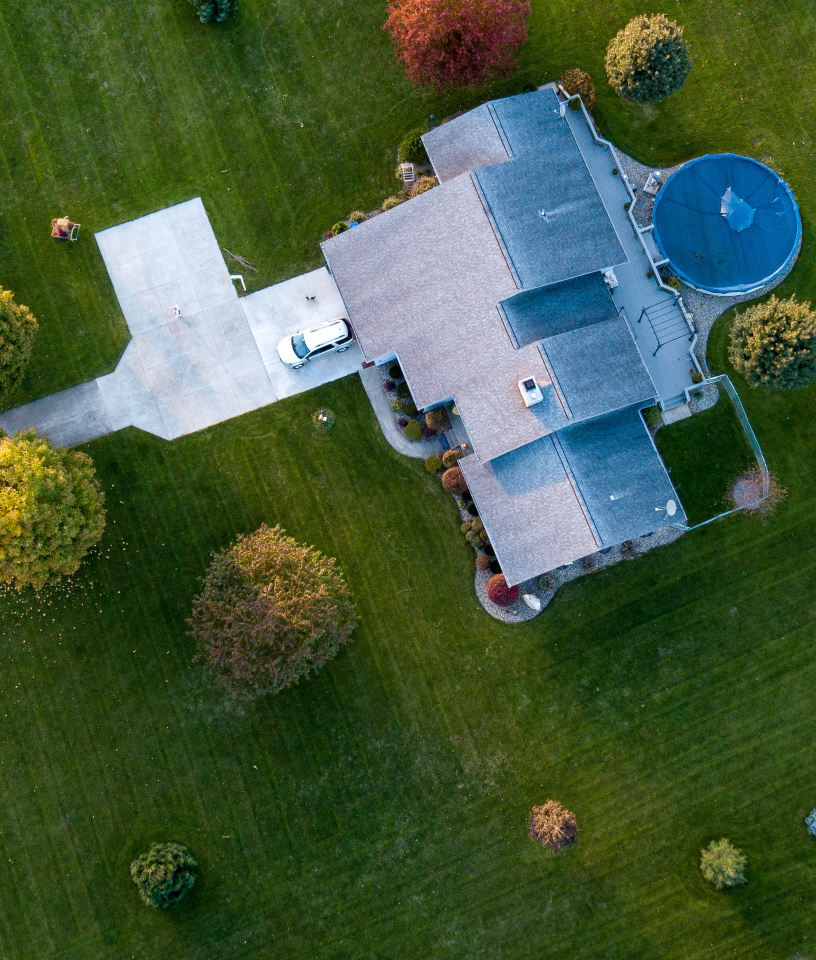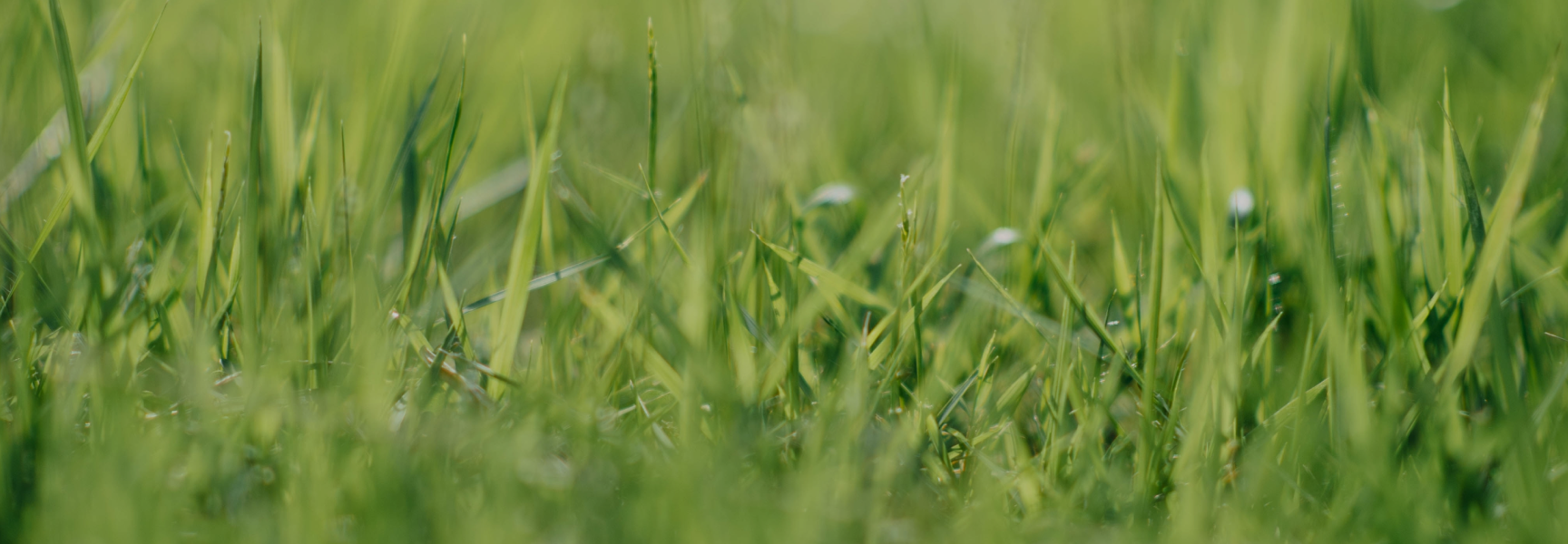
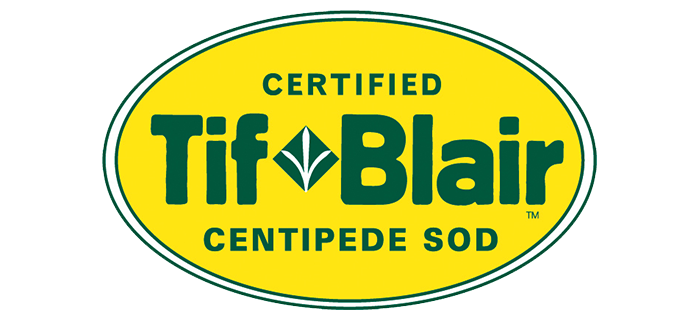
Turfgrass Spec Sheet: TifBlair Centipede
- Shade & Tolerance
- Drought & Tolerance
- Traffic Wear & Tear Tolerance
- Maintenance Level
(Time + Dollars)
Description
TifBlair is a warm season turfgrass that grows well on poor soils with little maintenance and is therefore fondly referred to as the “lazy man’s grass.” Leaf blades are medium-textured and medium green in color. TifBlair was singled out because it stays greener longer in the fall and greens up earlier in the spring than common Centipede and because of improved cold tolerance and seedling vigor.
Uses
TifBlair is widely used in large and small landscapes, along roadsides, and in public and private parks throughout the South where maintenance budgets are small and turfgrass expectations high. As a non-attractant for Canada Geese and deer TifBlair is, for safety reasons, well-suited for use around airports and highways.
Adaptability
TifBlair boasts improved cold tolerance over common centipede and thrives from Florida through North Carolina and West to Texas.
Adaptability Zones
Zones 7b to 11a on the 2012 USDA Plant Hardiness Zone Map or Zones 1-2 on the Turfgrass Hardiness Map.
Dormancy
TifBlair is a warm-season turfgrass that, after first frost, goes dormant for the winter.
Shade Tolerance
TifBlair has “medium” shade tolerance, especially under high pine shade.
Drought Tolerance & Water Management
TifBlair survives drought conditions by going dormant (leaves turn gray) then greens up at the first exposure to moisture. TifBlair does not like poorly drained soils especially where water may stand for several days. Optimum water management for TifBlair, as with any grass, is dependent on soil physical characteristics and climate. In general, TifBlair will require 1” of water per week.
Weed Tolerance
A dense, healthy stand of TifBlair forms a weed resistant barrier, but to be sure, use of a pre-emergent herbicide (recommended for use on centipede lawns on the label), is recommended in the spring and fall. Read and follow all label directions.
Insect Tolerance
Exceptionally tolerant of most common lawn insect pests.
Disease Resistance
Disease is a minor problem with TifBlair and is limited to patch and decline disease. We recommend annual spring compost topdressing with our Soil3 organic compost to minimize disease impact (more info at soil3.com).
Fertility
This grass has the lowest fertility requirements of all turf, with annual fertility rates of 1-2 lbs. of actual nitrogen fertilizer per 1,000 sq. ft. providing the best results. Always fertilize based on a soil test. Too much fertility will result in a thatchy, unhealthy lawn. Centipede is one of the few turfgrasses that can be harmed by over fertilization. Most commonly available turf fertilizers contain too much nitrogen for centipede. In fact, in good soils, fertilizer may be completely unnecessary. Compost topdressing with Soil3 and aerating in the spring, after spring green up, can supply all of centipede’s fertility needs for the year. The practice of compost topdressing with Soil3 is true organic lawn care.
Soil pH
Centipede thrives on an acid soil with a pH range of 5.0 to 6.0. Do not apply lime to Centipede without a soil test.
Mowing height
TifBlair is slow-growing vertically and requires less frequent mowing than other warm season turf. Maintain cutting height of 1.5 to 2 inches. Mowing may be required on a 10 to 14 day interval. Mow no more than 1/3 of the leaf off at one mowing. Use sharp mower blades and mow with a rotary mower.
Establishment
TifBlair is available as sod and seed. Sod is very easy to establish all year long, even when dormant. Seed is very easy to plant and germinate. Plant seed in the spring after all danger of frost is past, covering it with a thin layer of Soil3 organic compost to improve establishment. Complete sod and seed establishment instructions are on our website.
